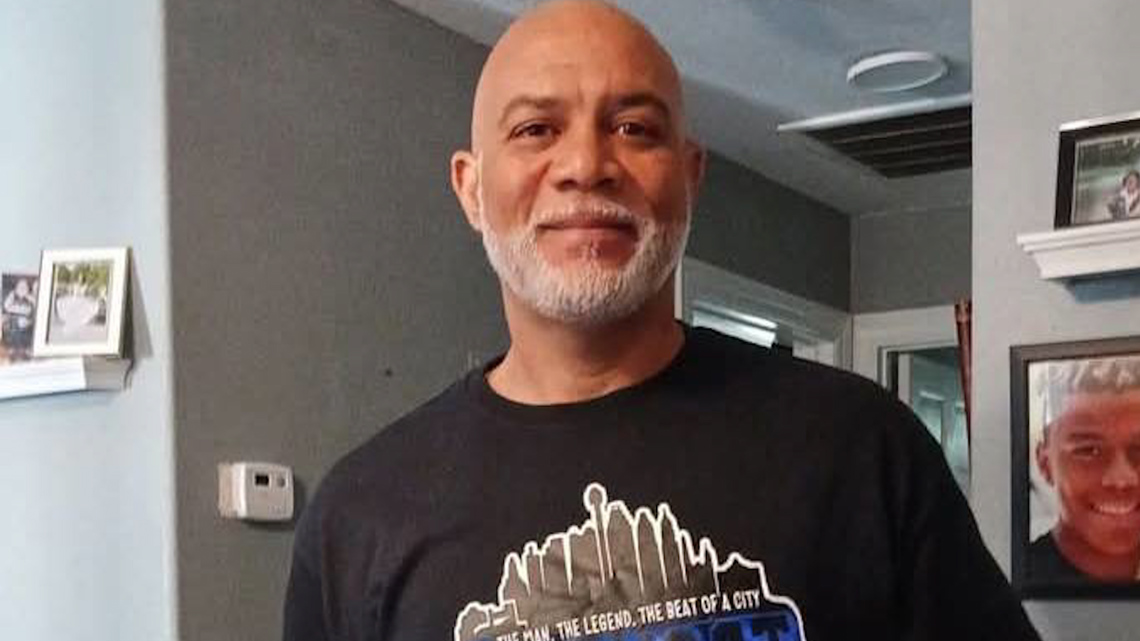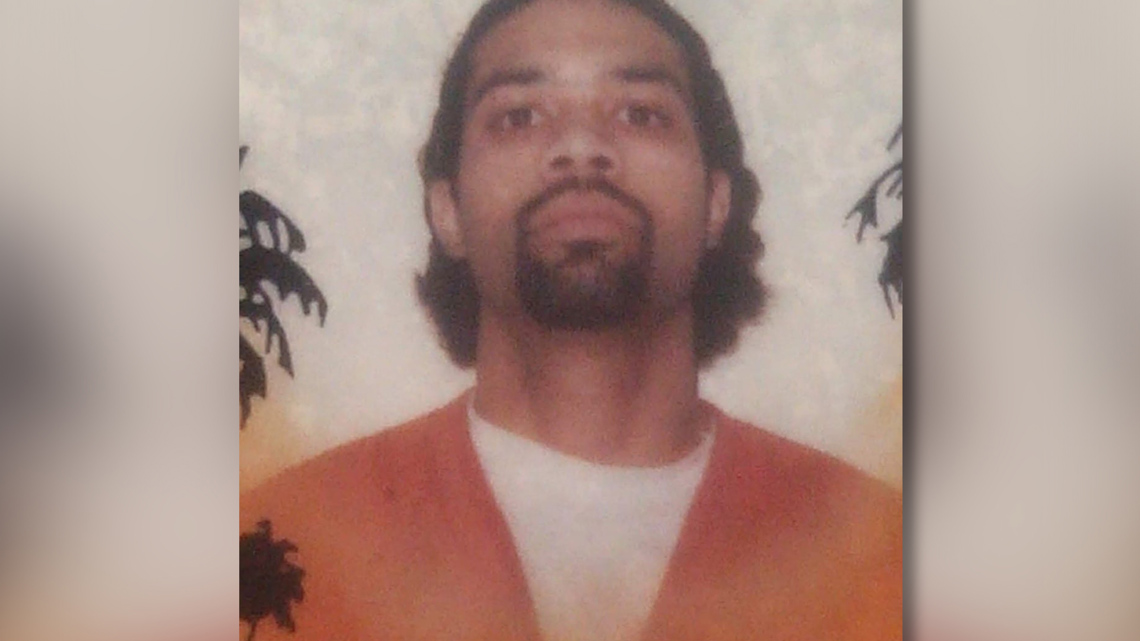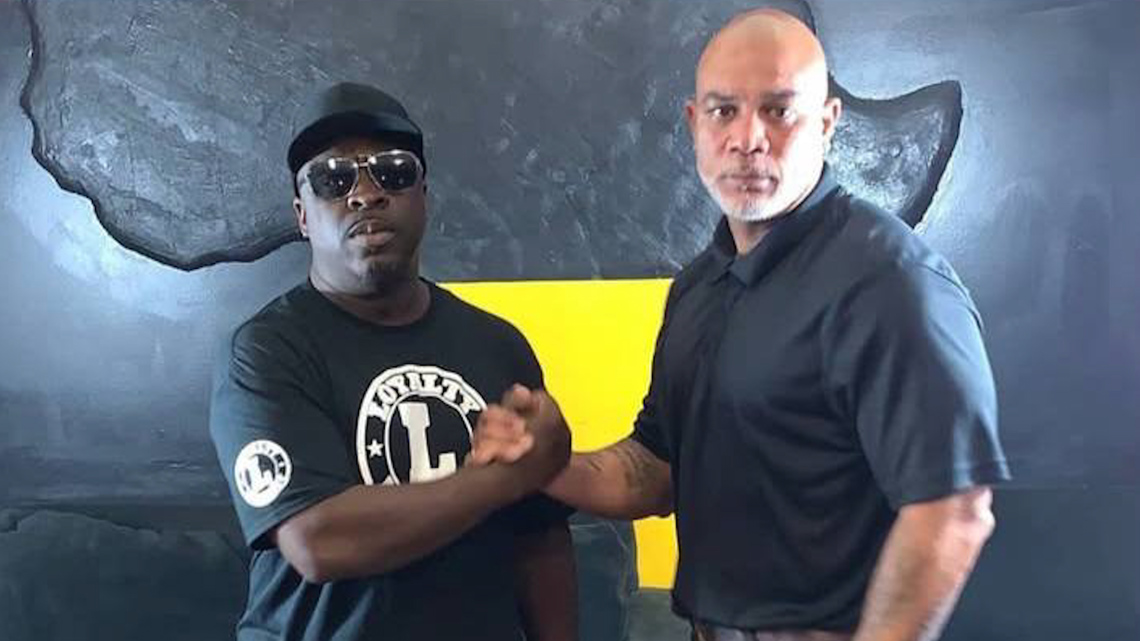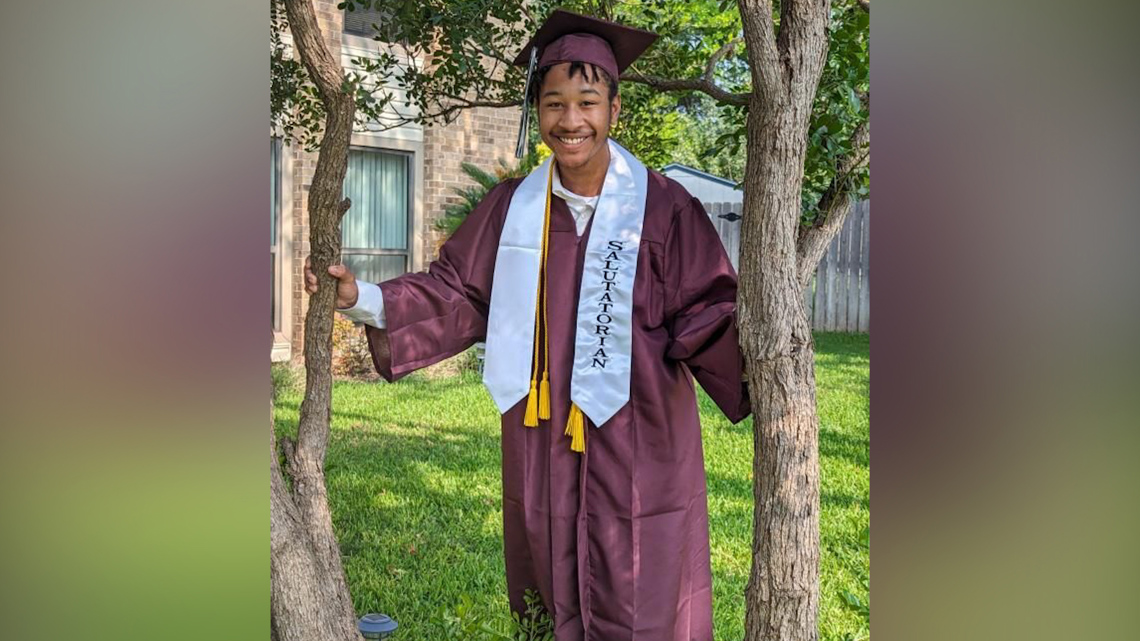William Tutt, a former gang member-turned-community leader, died Tuesday after crashing into the back of a school bus.
SAN ANTONIO — Friends and family are mourning the death of a former gang member who turned his life around, becoming a beacon of hope for at-risk youth.
54-year-old William Tutt – or “King Tutt,” as he was affectionately called – was the dean of students at San Antonio’s George Gervin Academy, a free public K-12 charter school.
On Tuesday afternoon, Tutt was killed after crashing into the back of a school bus off Loop 410 near Starcrest.
Tutt is seen as a symbol of redemption—proof that it’s never too late to change. As loved ones mourn this loss, they’re also reflecting on the incredible legacy he leaves behind.


‘He was proud of his story’
Jermaine Coleman, known as Jay Cole, managed a night club in San Antonio in the late ’90s. That’s where he first crossed paths with William Tutt.
“He approached me, the suave guy he is, he was big on his martial arts and hand-to-hand combat. He was telling me how he wanted to train security,” Coleman recalled.
Tutt, he remembered, was a young man full of ambition. Although he was eager to train security, it was clear to Coleman even then that his friend had bigger plans.
“He was big on giving back to the community,” said Coleman, who recalls his last conversation with Tutt discussing another mentor program. “He said, ‘Jay Cole, I got this new concept that I want to put together and I know you know how to get these kids involved. That’s what I need to do.'”
As their friendship grew, so did William’s desire to make a difference—particularly among the youth on San Antonio’s east side.
“He was proud of his story. He wasn’t proud of what happened in his past, but he was proud of how his story shaped him into the man he was today,” said Coleman.
Tutt’s commitment to his students was undeniable. He was tough, no doubt, but it was that honesty and directness that left a lasting impression on everyone he encountered.
Tutt being rough around the edges, Coleman believes, is what made him genuine.
“If you were to ask him a question, be ready for the answer. Don’t be ready for a cookie-cutter answer,” Coleman explained. “If he was to bring a subject to you, please believe he studied and researched before he brought it to you.”
Tutt was affiliated with multiple anti-gang organizations in San Antonio. Instead of spreading the message only through social media or community events, Tutt went straight to the source: the gang members themselves.
“He will walk into the lion’s den with zero fear, zero stutter and go right in there and tell them, ‘Hey man, this ain’t right. What you’re doing is wrong and let me tell you why,'” said Coleman. “There will never be another William Tutt.”
From Crip to G.R.I.P.
Even in life’s toughest battles, Tutt showed others how he was a living example of being more than one’s mistakes.
In the summer of 1983, at 13 years old, Tutt became one of the first Crips in San Antonio.
Tutt was involved in several aggravated robberies, sold drugs and became addicted to the adrenaline of committing crimes.
He spent 10 years in jail for aggravated robbery.


“When he was in the penitentiary, he was already starting his plan to come into the community and make change in San Antonio,” said William Banks, another longtime friend of Tutt’s. “His past, he was former Crip out of California, the L.A. area. When he came to San Antone, he was involved in gang banging.”
Since his release from jail in January 2010, Tutt started a program called G.R.I.P., which stands for Gang Rehabilitation in Progress. He tried to do everything in his power to help gang members re-enter society and become a law-abiding citizen.
Through G.R.I.P., clients participate in psychological therapy groups that will help them deal with “prison psychosis,” a term that identifies the adaptation of negative behaviors developed from incarceration.
Tutt’s passion was reaching young people who were caught in cycles of violence and poverty, believing that true change begins from within. His philosophy emphasized self-love, discipline and accountability.
“It starts with the brain. To change your outward, you’ve gotta start with your inward first,” Banks explained.
Banks and Tutt took to the streets of San Antonio together, planning a future free of violence
“I’m a former gang member, so I changed my life as well,” Banks explained. “[Tutt] was reaching out to people who come from Wheatley Courts, East Terrace, Crockett Block, Denver Heights—every area he was trying to bring everybody together to stop the gun violence.”


Along with the G.R.I.P. Program, Tutt was also involved in Big Mama’s Safe House and Dream Week San Antonio events. Just a few months ago, Tutt became certified as a licensed psychological practitioner from the National Council for Mental Wellbeing.
Tutt’s studies in psychology helped convey a powerful message: For youth to turn their lives around, they first needed to understand their own worth and potential.
Banks is working on a documentary called “Stay Focused,” in which he’ll dive deeper into his upbringing on the east side of San Antonio. He’ll share stories of ex-gang members who changed their lives.
He says William Tutt will make an appearance.
‘I’m gonna make this man proud’: A story far from over
For George Gervin Academy alumnus Luis Briceno, the news of his mentor’s death hit like a wave of grief.
The loss of such a guiding force left a deep void.
“I cried. It was so hard,” said Briceno. “I wish God would have let him be on this planet just for a little longer to reach out to more youth. To help them feel appreciated and loved.”
When Briceno first got called into William Tutt’s office, his first impression wasn’t always one of warmth. He recalls how he initially saw Tutt as someone to be feared rather than admired.
Then he got to know him.
“Over the while, I ended up becoming more vulnerable to him which was very hard for me to do,” said Briceno. “He had so much self-respect, so much self-love, so much kindness, but I saw him as this very hard man. A man who was a stickler for the rules. I was right!”
Over time, students began to see the layers behind Tutt’s tough exterior. They realized he had a deep and unwavering desire to see his students succeed, even if it meant pushing them harder than they’d ever been pushed before.
“I was kind of just at the end of my line… I told him, ‘Look, I’m struggling on the inside. I’m hurting. I’m going through a lot.’ He was like, ‘Look, it’s OK. It’s OK to hurt. What’s not OK is to dwell on it.'”
Briceno, who also battled with addiction and skipping class, knew his mentor would always tell it to him straight.
“He was like, ‘I’ve heard this [excuse] so many times. You know why? Because I said it. Because I’ve done it. You’re nothing new. You’re just another me!’ I was like, ‘Damn, OK!'” said Briceno.
Luis is now carrying these lessons forward, knowing someone in the next generation will be saved by them, too.
“I was just like, ‘Look, I’m gonna get my head in the game. I’m gonna make this man proud,'” said Briceno. “Because of his teachings, I was able to get myself together and graduate second in my class.”


In a letter shared on their website and social media, George Gervin Academy shared their heartbreak at the loss of their beloved dean of students—who was more than just a colleague.
“His story isn’t over,” Coleman added. “Although he may be gone, his story is far from over. You know why? ‘Cause of all of the seeds that he’s planted in those different students and adults that he’s touched as well, that of myself and our conversation that we had about continuing to work harder to persevere.”
